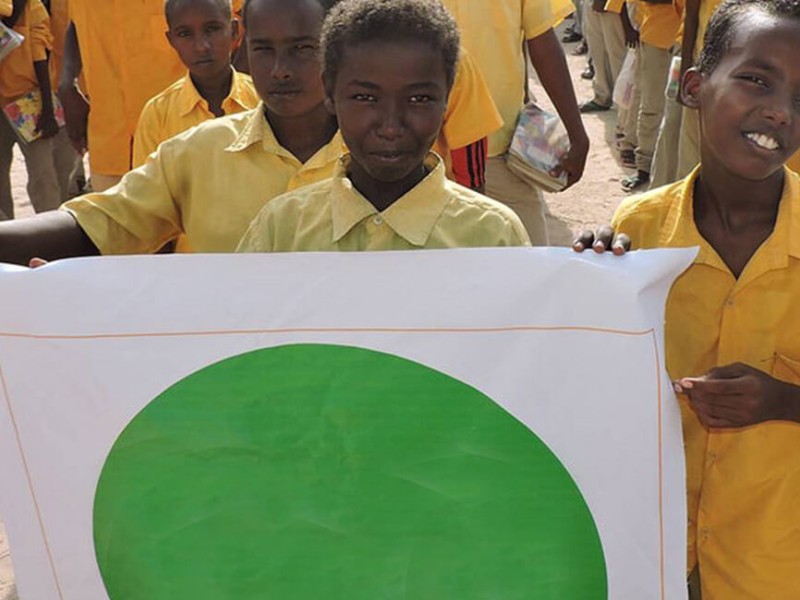Financing Education

Financing Education
In 2015, the world leaders committed to achieving the Sustainable Development Goals (SDGs) and the Education 2030 Framework for Action (FFA) within the next fifteen years, the most ambitious global development agenda in history. For education, this includes the pledge to ‘ensure inclusive and equitable quality education and promote lifelong learning opportunities for all by 2030‘ – regardless of personal, social or political context.
Such ambitious goals need to be paid for. Since education is central to the achievement of all the development goals, failing to make adequate investments in education puts the success of the entire new agenda at risk. Investment in education now is key to fund a better future tomorrow.
Despite the hope and promises, in 2018, we are still in a global education crisis.
- Out-of-school rates for children haven’t budged in years with 9% of children ages 6-11 denied the right to education
- Which means today 263M children and youth are denied education – the vast majority live in the poorest countries.
- Education disparities reinforces world economic inequalities: 20% of children ages 6-11 are out of school in low-income countries compared to 3% in high-income countries
- and education quality is at risk: in low-income countries, there are more than 40 pupils per primary teachers compared to the average of 14 to 1 in high-income countries
- Despite some progress, gender exclusion is still a reality: there are 5M more girls ages 6-11 than boys denied the right to education
Unless we see a radical shift in financing for education, the bold ambitions of the SDG4/Education 2030 agenda will continue to be at least 50 years off track for achieving inclusive and quality education for all by 2030.
That is why the Global Campaign for Education has launched a global, multi-layered education financing campaign, spanning over several years. It originated in 2011 and ran again in 2014 and 2017 with a targeted objective at the Dakar replenishment conference in February 2018 – Fund the Future: Education Now.
GCE is calling for action to secure significant shifts in education financing – through increases in aid and domestic finance – to achieve the SDG4/Education 2030 goals. We call for governments to work harder to meet the huge financing gaps in education, to tackle the stagnation of aid to education, and a lack of domestic financing for education in low- and middle-income countries.
The campaign aims to secure:
- Increased domestic resources.
- Increased bilateral and multilateral contributions and
- Global action on tax reform and justice.
At such, the campaign deals with Public-Private partnership, and the growing tendency of donors agencies to fund low-cost private schools, instead of focusing the effort on strengthening the public education offer. It is also focused on accountability, and aims to develop and strengthen civil society evidence-based advocacy by giving them the tools to strictly monitoring governments’ pledges and spending in education.


